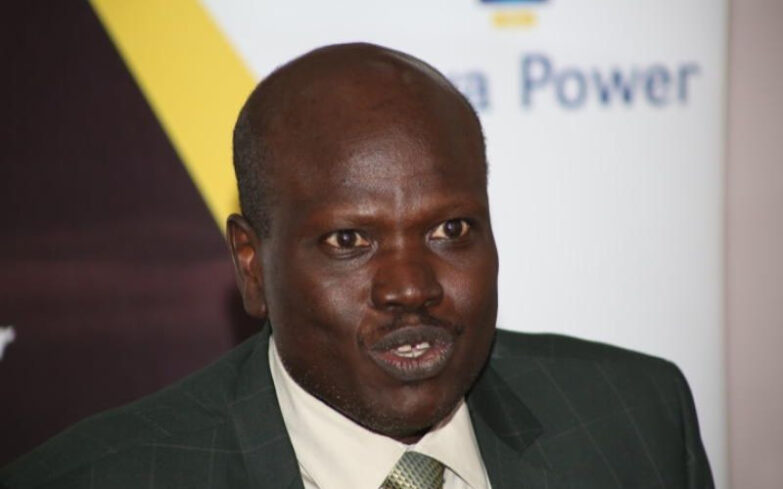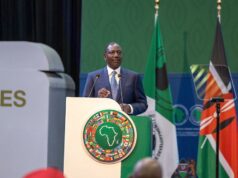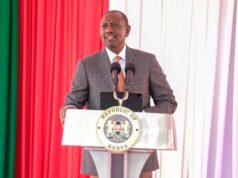
Kenya Power has been discovered to overcharge consumers by up to 20 percent on electricity bills for power they haven’t used, as revealed by the Auditor-General. This revelation emerged during a parliamentary committee session, where Auditor-General Nancy Gathungu disclosed that a forensic review of electricity generation, transmission, and distribution revealed discrepancies between billed amounts and actual consumption. Additional charges imposed by the utility cannot be traced in the billing system, with nearly 20 percent of the bill remaining unattributed to specific consumers.
The audit exposed several issues, including outdated study reports, erroneous calculations, and a lack of traceability for extra charges. Gathungu’s office found instances of missing check meters, faulty check meters, and inconsistencies between check meters and main meters, leading to inaccurate billing for consumers. Shockingly, out of 96 power generation plants supplying Kenya Power, only 38 had check meters, and all 38 were off-grid stations.
Gathungu further informed the parliamentary committee that Kenya Power lacked the capability to verify invoices presented by independent power producers (IPPs), highlighting the absence of access to crucial indices. System losses were identified as a significant cost burden to consumers, with losses exceeding approved levels being passed on to consumers through their bills.
In the past three financial years, system losses were significantly higher than the approved levels, impacting consumers’ electricity costs. The committee chairman, Vincent Musyoka, emphasized that these revelations aligned with concerns previously raised by Kenyans regarding inflated power bills.
Kenya Power’s managing director, Joseph Siror, acknowledged that power losses during transmission were inevitable, especially over longer distances. He noted efforts to reduce losses by working with KenGen and Ketraco to establish shorter transmission lines. Illegal connections were also identified as a contributor to high losses. Approximately 188,000 customers who have paid for meters remain unconnected due to meter unavailability, leading to some resorting to illegal connections.
Siror assured MPs that Kenya Power was addressing these concerns both in the short and long term, aiming to reduce power costs and ensure accurate billing.










